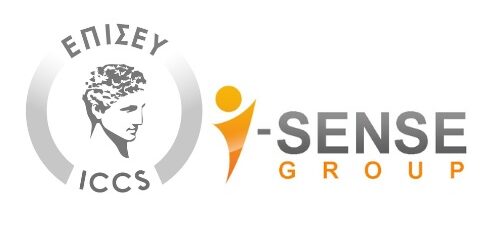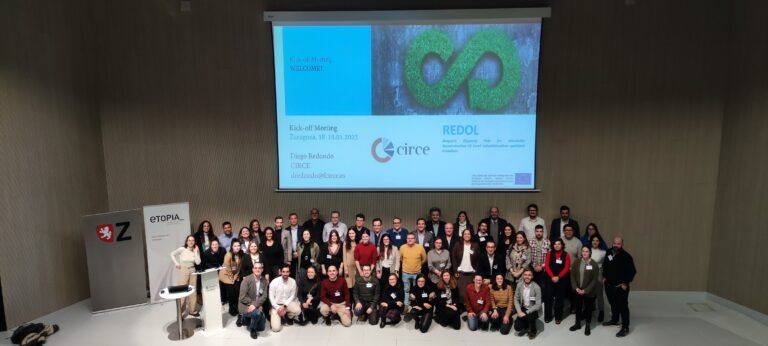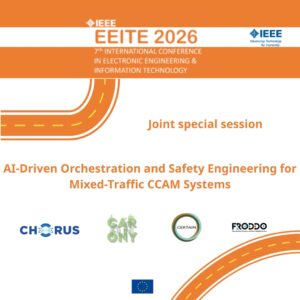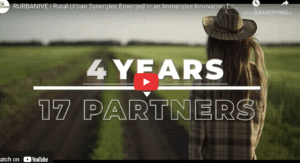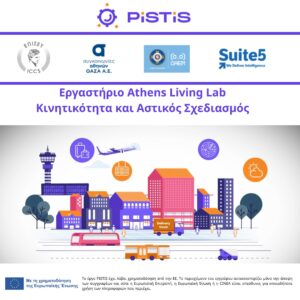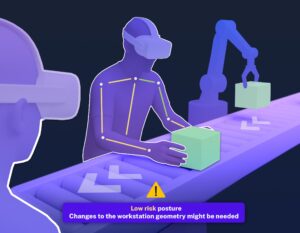Thirty-six organizations active in circular economy and waste management met in the capital of Aragon on 18-19 January 2023 to kick off the REDOL project which supports Europe to become zero-waste.
Zaragoza, Spain – On 18-19 January 2023, 36 organizations from 12 European countries met in Zaragoza to launch REDOL: an EU project that promotes circular economy in cities by redesigning five value chains for solid urban waste (SUW) and implementing new solutions for collection, sorting, and processing of materials to avoid landfilling.
In the EU, each citizen produces 500kg of waste on average. However, only 45% of this amount is recycled. The project, implemented in Aragon with Zaragoza as the center of the hub for circularity, counts on the key support of the Zaragoza City Hall and multiple industries and research centres active in waste management, sorting and sensing, materials processing and recycling, eco-design, citizen engagement and much more.
REDOL aims to promote the transition of Zaragoza towards a zero residues city by 2040, thus recycling 100% of the produced urban waste. The project targets to re-use, valorize or transform over 140,000 tons of solid urban waste per year, transforming them into secondary raw materials instead of landfilling, resulting in economic savings and reduced GHG emissions.
“The circular economy is essential for achieving sustainable development and addressing the challenges of waste management and resource depletion. The REDOL project will help cities to take advantage of the potential of solid urban waste as a source of circular products and to foster industrial-urban symbiosis,” said Jorge Arroyo, the project coordinator of REDOL and technology project manager at CIRCE.
The project will also develop guidelines and recommendations for major decision-making bodies and aims to improve citizens’ perception of SUW as a local resource and recycled products, thus increasing their participation in separate collection schemes. By the end of REDOL, the urban-industrial symbiosis developed in Zaragoza should also be replicated in Amsterdam, Prato in Italy and Bornholm in Denmark.
ICCS is proud to be among project’s partners and during REDOL’s course, aims to design and validate a set of technical and digital solutions for the improvement of the sorting and classification of waste flows in REDOL value chains. Georgios Tsimiklis and Fotios Konstantinidis presented the work our ISENSE group is leading.
We invite all stakeholders, including local and regional actors, to join us in this journey toward a more sustainable and circular future.
For more information on the REDOL project, please follow Twitter https://twitter.com/REDOL_EU and LinkedIn https://www.linkedin.com/company/redol/
REDOL project partners
CIRCE, AITIIP, AITEX, ICCS, ITENE, ITA, University of Zaragoza, Next technology, Lulea University, VDZ, Amsterdam Institute for Advanced Metropolitan Solutions, Tatuine, Casalé, IRIS, Moses, Brilen, Suite5, Tecnopackaging, Strane, Geonardo, RINA Consulting, Acteco, AMB Electronica, SAICA, Acciona, CEMEX, Financiera Maderera, ICLEI, EEIP, Zaragoza City Hall, Prato City Hall, ALIA, Bornholm City Hall, HUSA, CEMEX
